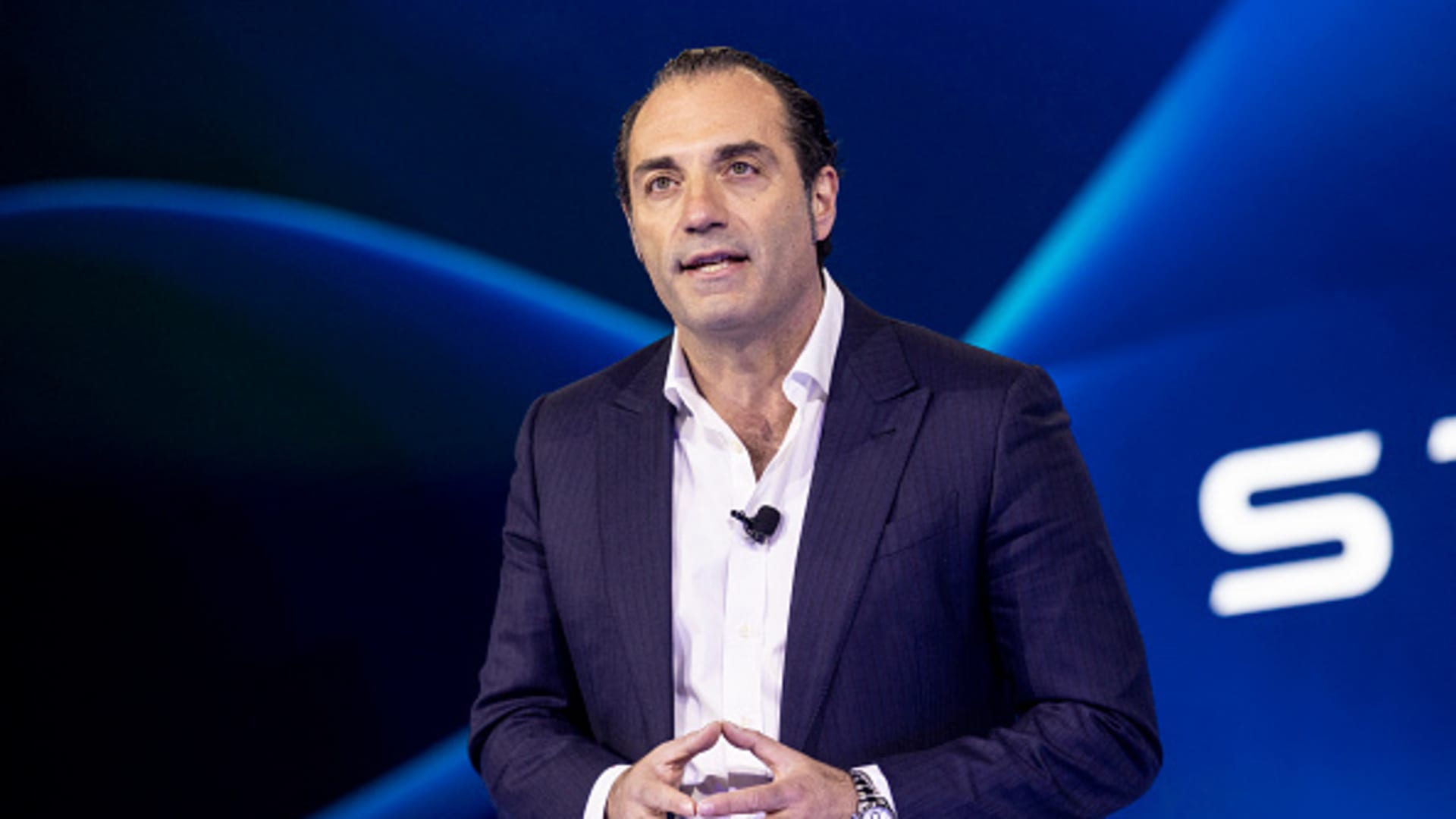Steering the ship at Bradfield College, one of Britain’s most respected independent schools, Dr Chris Stevens champions a leadership style deeply rooted in character development, holistic education, and individual potential.
With a robust legacy dating back to 1850, Bradfield has continuously set benchmarks in academic excellence and personal growth, and Stevens’ ethos amplifies these values, bolstering a community where every student flourishes.
For Chris Stevens, education is more than just a career; it’s a calling. “Encouraging young people to develop their enquiry, to develop their character, to prepare themselves for the next stage of their life … is a privilege and a joy,” he says. With decades of experience across diverse age groups, his journey through education has been marked by a progression from teaching individuals to influencing institutions. At Bradfield, this translates into a commitment to nurturing the “whole child,” ensuring that academic achievements are paralleled by personal and social growth.
This principle, which Stevens dubs “education for life,” is no empty slogan. It reflects Bradfield’s tradition of graduating well-rounded individuals equipped to conquer the demands of an unpredictable world. As Stevens puts it, “Bradfield walks the walk … helping young people grow in every sense, knowledge and virtue. Neither’s optional.”
Bradfield College’s Approach: Tradition and Innovation
Bradfield College thrives on a delicate balance of tradition and forward-thinking innovation. Its campus, nestled in the picturesque Berkshire countryside, offers an environment that Stevens describes as “beautiful, kind, and gentle,” which he believes inherently supports students’ well-being. The verdant setting provides more than aesthetic charm; it encourages reflective learning away from the hustle of urban life.
Yet, the College is far from static. Under Stevens’ stewardship, Bradfield has embraced progressive methods, including an integrated Year 9 curriculum that emphasises critical thinking, creativity and transferable skills. This approach reflects Stevens’ belief that success lies in producing “lifelong learners” who can adapt and thrive in an era dominated by technological advancements. “Being a good learner and being a lifelong learner is the key,” he asserts, stressing that education must prepare students for challenges they perhaps cannot yet foresee.
Central to Stevens’ philosophy is the cultivation of resilience — a trait he argues is best learned through meaningful challenges and genuine enjoyment. “You develop resilience if you really want to be the best footballer in the school,” he explains. The persistence honed on sport fields or in the arts often spills over into academic and personal spheres, teaching students to persevere through setbacks.
This perspective is mirrored in Bradfield’s co-curricular activities, where students are encouraged to explore diverse pursuits. From music to athletics to volunteer work, each avenue offers opportunities for growth, mastery and self-reflection. “The exposure to as many different opportunities as possible … speaks volumes to a young person,” Stevens reflects, underscoring the importance of experiential learning.
Well-Being as a Core Value
Bradfield’s commitment to student welfare is evident in its plans for a state-of-the-art wellness centre, a project Stevens considers essential to the school’s mission. The centre will integrate physical and mental health resources, reflecting a holistic approach to well-being. “Wellness is not a single building — it’s woven into everything we do,” Stevens explains.
This ethos is further supported by Bradfield’s pastoral care system, which includes boarding houses designed to produce community and individual care. The goal is clear: create an environment where students feel supported and respected, allowing them to reach their fullest potential.
Stevens’ vision for Bradfield extends beyond its gates. The school’s partnerships with local and international organisations, such as the Oscar Foundation in India, exemplify its commitment to global citizenship. These initiatives provide students with opportunities to engage meaningfully with diverse communities, experiencing empathy and mutual understanding. As Stevens eloquently puts it, “Partnership work is anything but condescending or patronising … it’s a true meeting of equals.”
Such experiences leave indelible marks on Bradfield students, many of whom cite these interactions as transformative moments in their education. These efforts align with Bradfield’s stated values of inclusivity, kindness and respect, ensuring that students graduate as not only well-educated individuals but also compassionate global citizens.
Dr Chris Stevens Builds a Legacy of Excellence
Stevens’ leadership style is as nuanced as his philosophy. He strikes a balance between maintaining high expectations and fostering a supportive environment. “Higher expectations for our pupils … is fundamentally at the heart of it,” he shares. These expectations are coupled with encouragement, building confidence rather than imposing pressure.
This approach has borne fruit: Bradfield’s exemplary exam results and thriving extracurricular programmes testify to a culture of excellence nurtured under Stevens’ guidance. However, he remains clear that academic achievements are but one measure of success. “What personal skills and attributes do [students] have that go with those portable grades?” he asks, emphasising the broader purpose of education.
As Bradfield College continues to evolve, Dr Chris Stevens’ philosophy ensures that its core values remain steadfast.
In Stevens’ own words, “It’s about helping young people grow up in every sense.” And at Bradfield College, this philosophy is much more than aspirational — it’s the foundation of every lesson, every interaction, and every achievement.






Leave a Comment